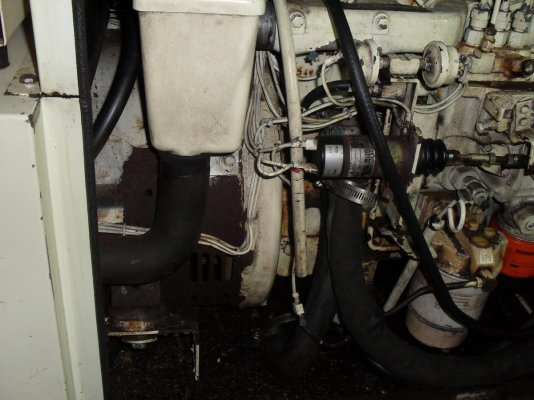1. Leaking decks
2. Leaking windows
3. Leaking tanks (fuel, water or holding)
4. Rare engines or engine parts (Iveco, Volvo, Hino, odd genset)
5. Ignored interior or exterior coverings (upholstry, canvas)
I bought mine as a 30 year old 'turnkey' boat, and it was truly turnkey. Everything worked as advertised when I bought her. The ongoing repairs, mods, upgrades and improvements made to a 'turnkey' boat will keep you busy for years. I can't imagine the extra work and delayed enjoyment of a boat that needs extensive work to enjoy.
Today after 10 years of ownership, she's a 40 year old vintage turnkey boat. When I turn the key, I expect everything to work. If it doesn't, it gets addressed quickly. (usually by my go-to mechanic, yours truly) After 10 years of enjoyment, the varnish needs some attention, especially my doors, but that doesn't diminish my enjoyment of the boat. When it does, I'll break out the sandpaper and varnish.
Incidentally, when I bought my 30 yr old boat, the twin Perkins 4.236 engines had 2200 hrs. Today they have almost 3300 hrs. I have little doubt that they will last another 30+ years.


